Appearances to the contrary notwithstanding, 2015 was a decisive year and even a turning point on several of the most pressing issues facing the Middle East. What looks like chaos and confusion has actually forced clarity on the key players.
It may well be remembered as the year in which the United States, perhaps irrevocably, abandoned its role as the guarantor of the Middle Eastern political order. It’s still true that the U.S. remains the most powerful military force in the region. But the impression that Washington is very reluctant to use its power to try to shape Middle Eastern realities, except under the most extreme circumstances, has become almost universal.
In the magazine Foreign Affairs, Steven Simon and Jonathan Stevenson argue that the end of the “pax Americana” in the Middle East is both rational, given the supposedly dwindling importance of the region, and a restoration of the traditional policy that had been temporarily abandoned by the George W. Bush administration. But current policies can hardly be simultaneously both a restoration of tradition and a response to new developments. In fact, they are an overcorrection whereby Washington is behaving as if it had much less power and influence than it actually does or it could have.
Russia’s intervention in Syria was a dramatic demonstration of how this is playing out. It may have appeared sudden, but Vladimir Putin has spent the past few years taking the measure of American determination, and testing the waters globally in Ukraine and elsewhere. He also carefully watched the growing role in Syria of Iran, Hizbollah and Iraqi Shia militias. From all this, he correctly concluded that he could intervene in Syria without any serious pushback from Washington.
American officials have been quoted recently as saying that they believe the Russian intervention has been quite successful. The official U.S. response has amounted to little more than a shrug.
Russia’s actual military and economic power is dwarfed by that of the U.S. But Russia has the will to act and to try to shape outcomes to suit its purposes while, at least in Syria, the U.S. does not. It’s going to be extremely difficult for any future American administration to reverse, let alone fully correct, the impression created recently, especially in 2015, that the U.S. has lost, or voluntarily surrendered, much of its regional influence.
Last year was also decisive for the Arab confrontation with the transnational terrorist movement that has arisen on the fringes of its own societies. The rise and spread of ISIL over the past year has emerged as a such a clear-cut, unmistakable and universal threat that it’s now or never for the Arab world.
Many Arab states have mobilised with some success against extremists within their own societies. But what is required – and is now being attempted by initiatives such as the Saudi-led antiterrorism alliance – is a collective effort operating simultaneously on the military, law-enforcement, ideological and religious fronts. Piecemeal, individual efforts by dozens of Arab and Muslim states can only go so far.
Yet there is a long history of failed efforts to create functional Arab and Muslim security alliances, so scepticism is inevitable. If the present threat isn’t sufficient to produce such unprecedented cooperation, it’s hard to imagine what would be. So the real question is whether or not these societies are capable of coordinated security approaches that involve mutual trust and the surrender of some sovereign authority. This vital, and potentially existential, question has been posed over the past year, and will be answered in the coming ones.
Relations between the Arab states and Iran may also have reached a quietly decisive moment in 2015. The international nuclear agreement effectively means the diplomatic rehabilitation of Tehran, at least in the eyes of the West. The choice now is clearly one between open-ended confrontation for the foreseeable future or a gradual move towards accommodation.
The conflict in Syria looks like the template for endless discord, but at least Riyadh and Tehran are once again speaking to each other on the margins of the Vienna process on Syrian peace.
The outlines of an accommodation began to emerge clearly in 2015. Iran will play a greater role in the Arab world than most Arabs have traditionally been comfortable with, particularly in countries such as Iraq and Lebanon. But Iran’s role in Syria in particular, as well as Yemen and other Arab states, cannot continue as it is now. It basically means the Arab states agreeing to an Iranian sphere of influence that includes parts of the Arab world, but Iran accepting some pullback from the status quo.
Such an arrangement is theoretically workable, and the outlines of such an understanding have been defined with considerable specificity over the past 12 months. Whether it can be mutually acceptable and implemented will only be answered by future choices.
The past year provided a great deal of clarity about some of the most important decisions facing the main players in the Middle East. For a region that has often been opaque, such precision should be welcome and refreshing. But that requires the responsible parties to choose wisely.
This article originally appeared in The National.
The views represented herein are the author's or speaker's own and do not necessarily reflect the views of AGSI, its staff, or its board of directors.

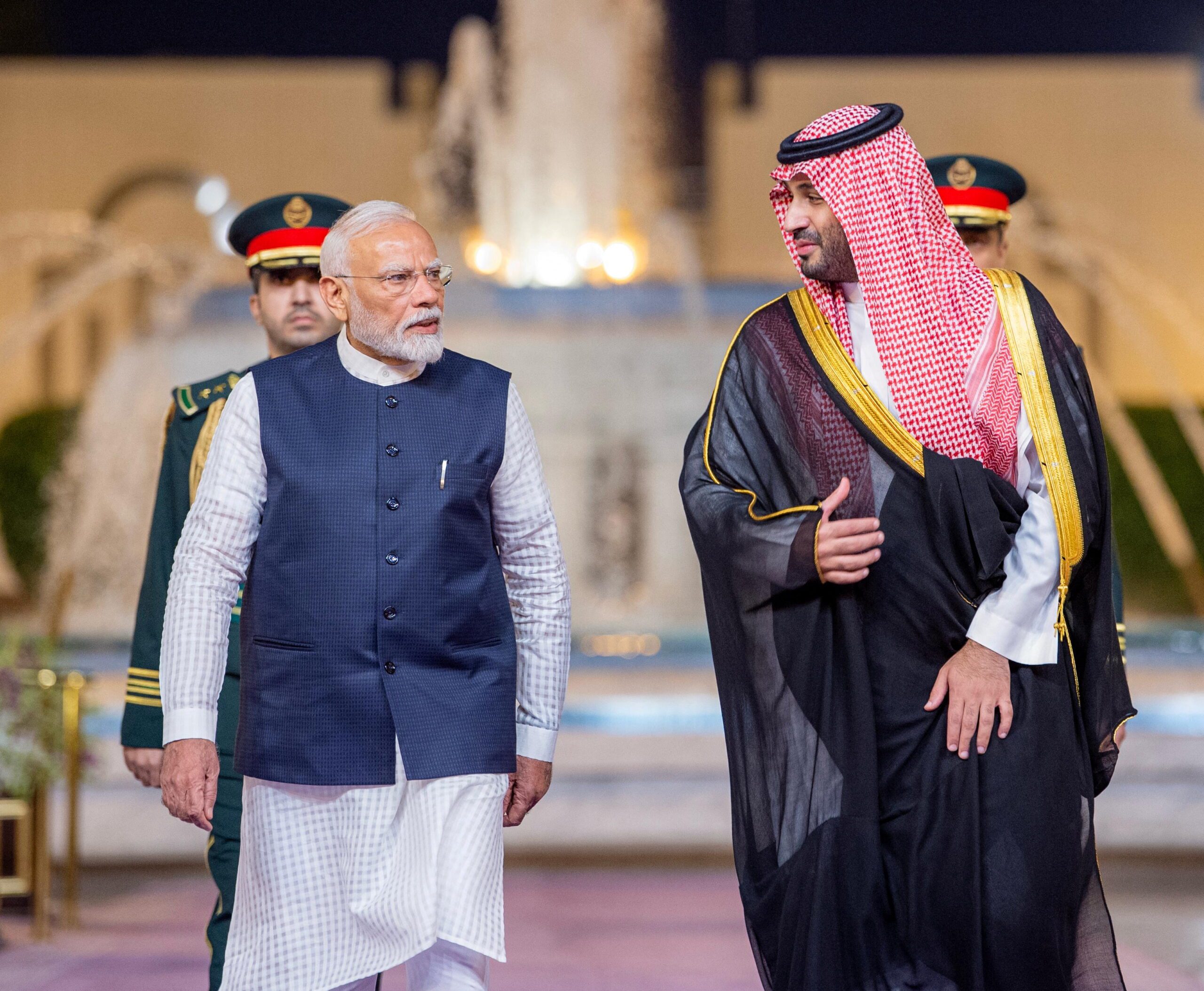
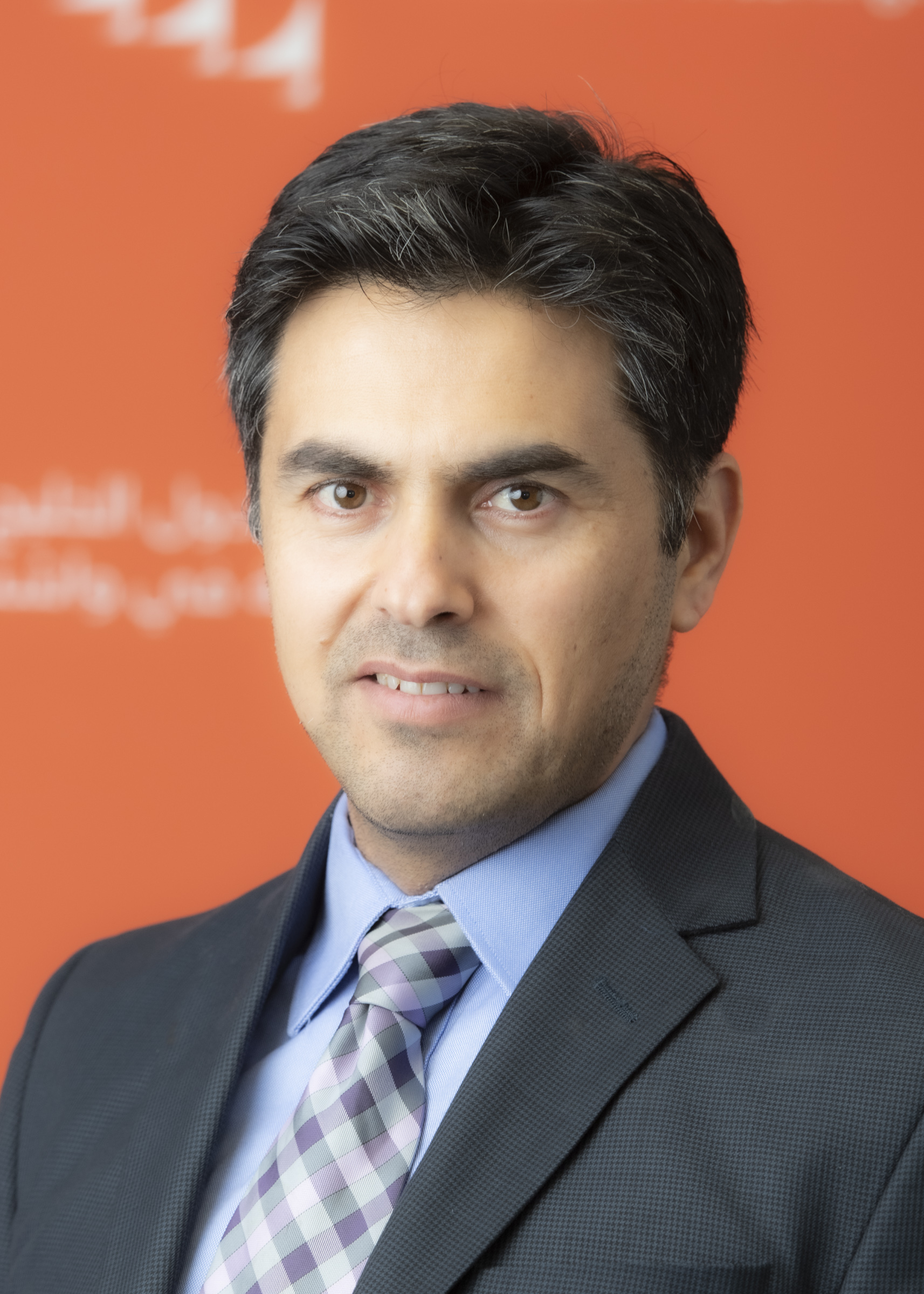
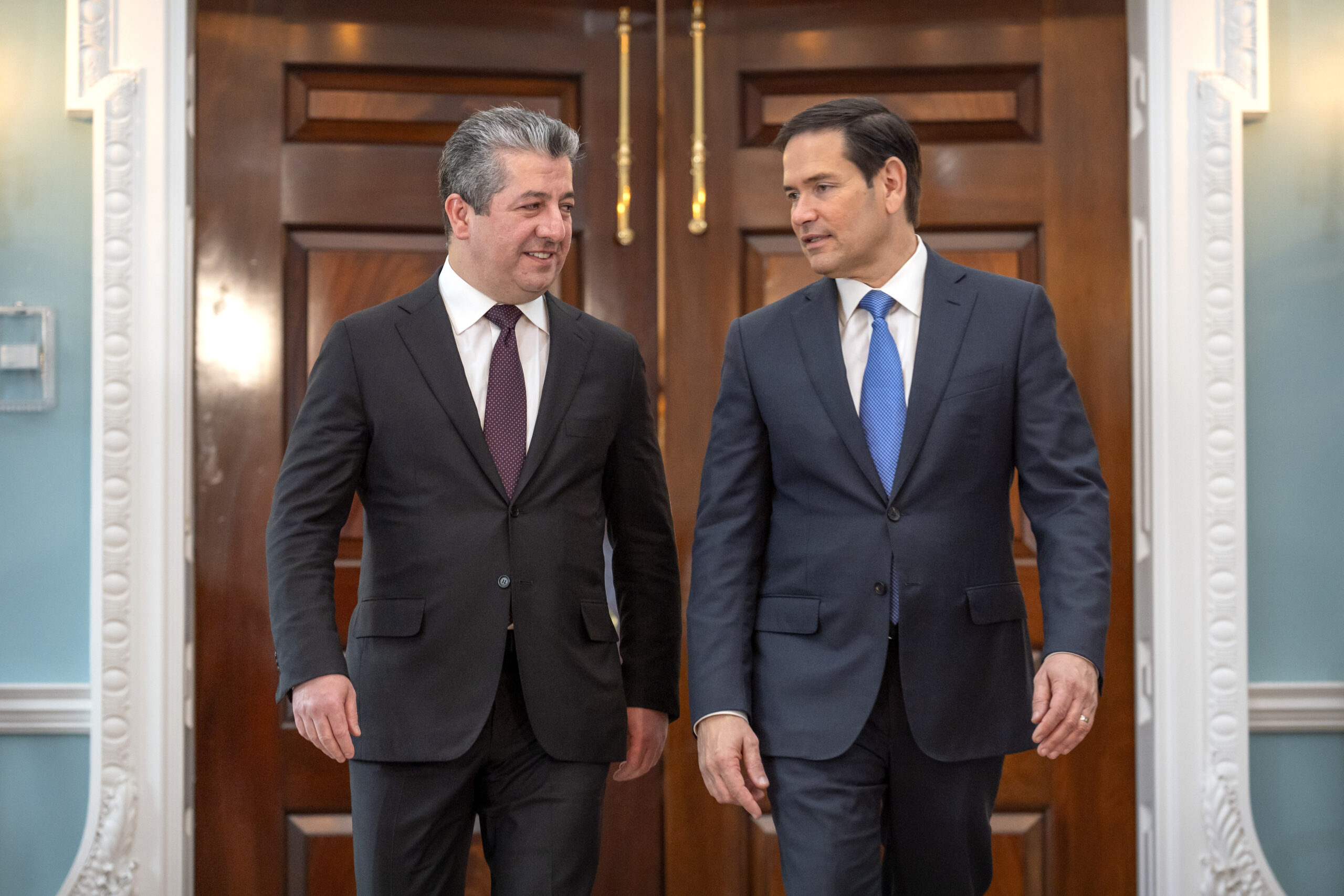

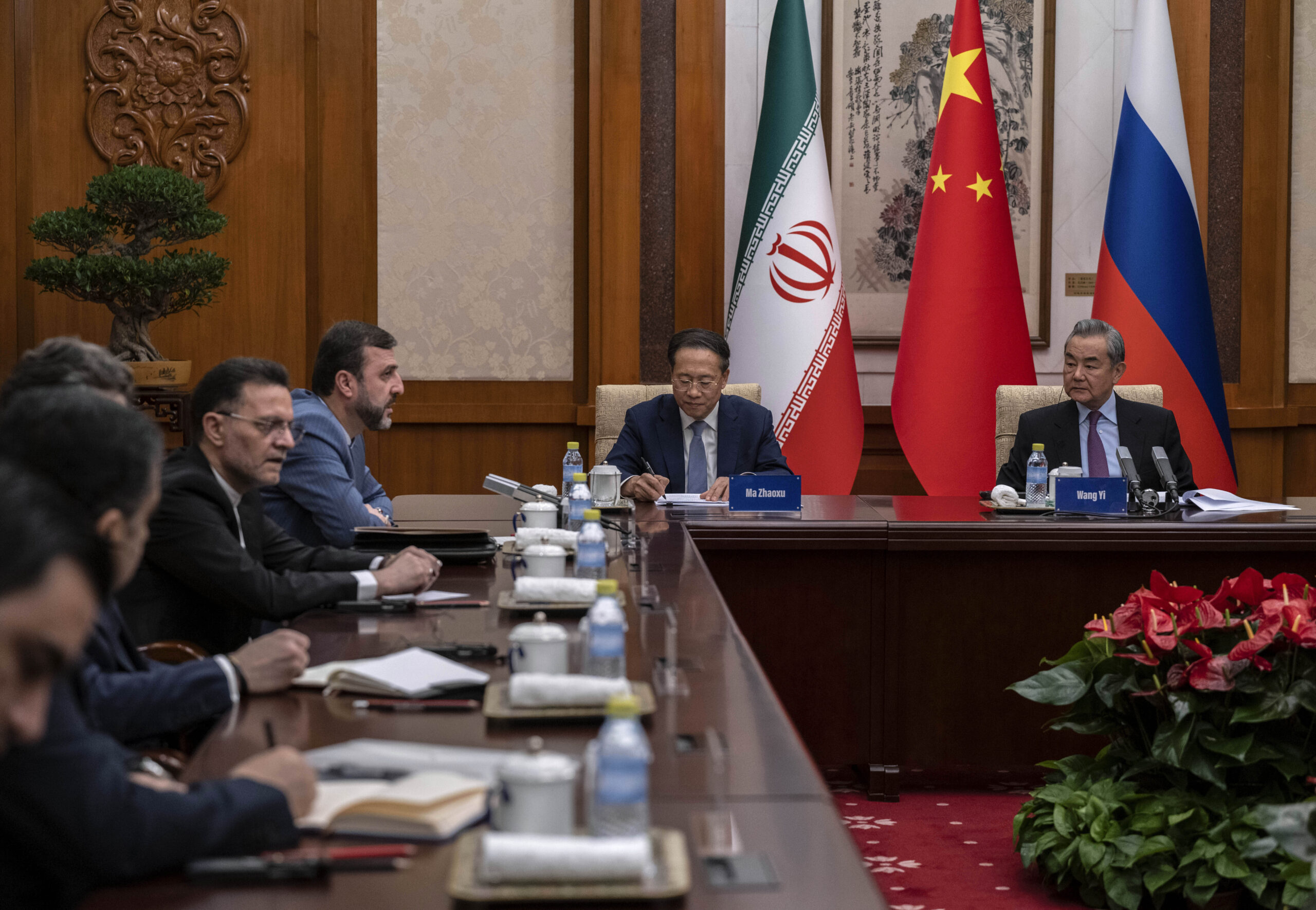

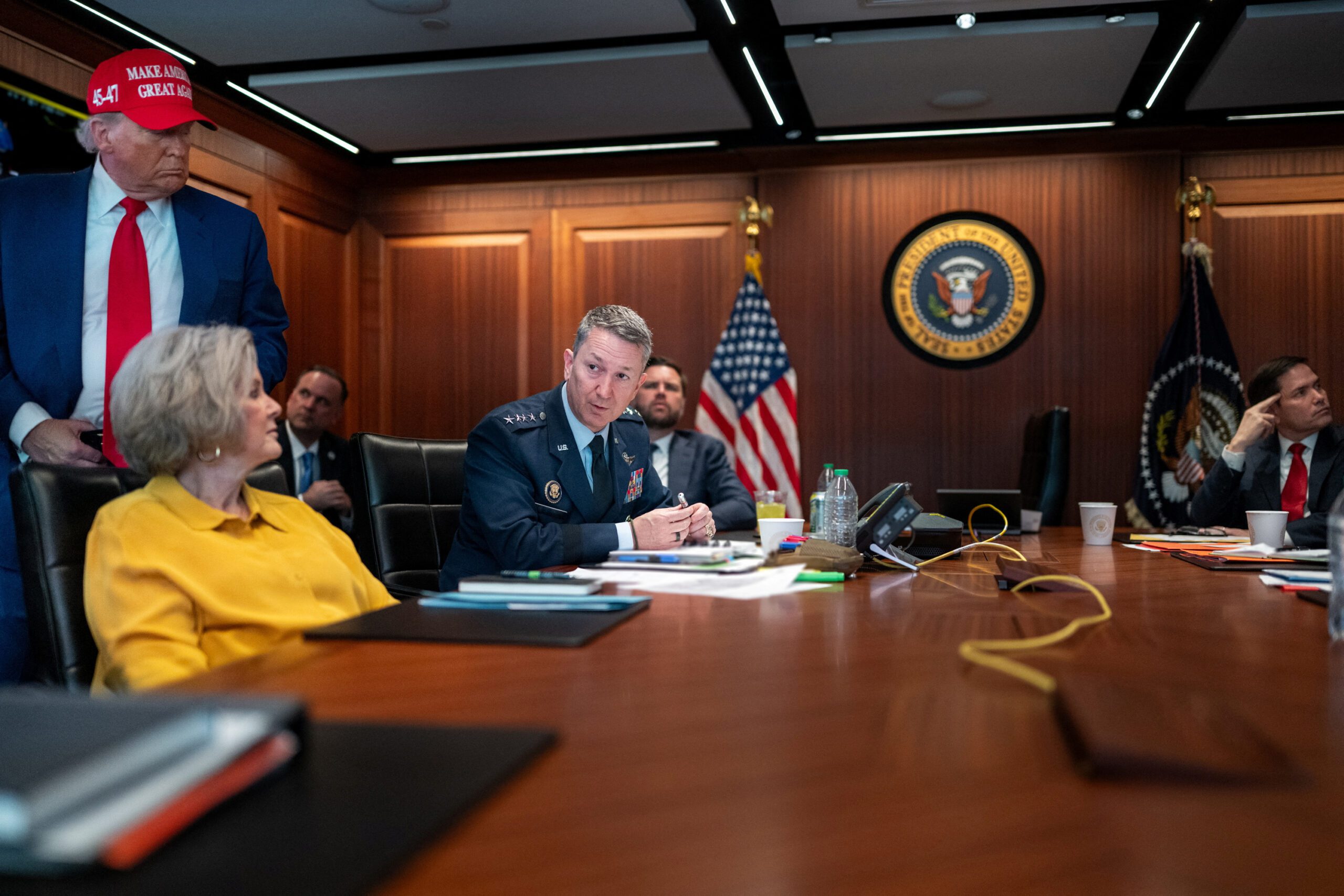
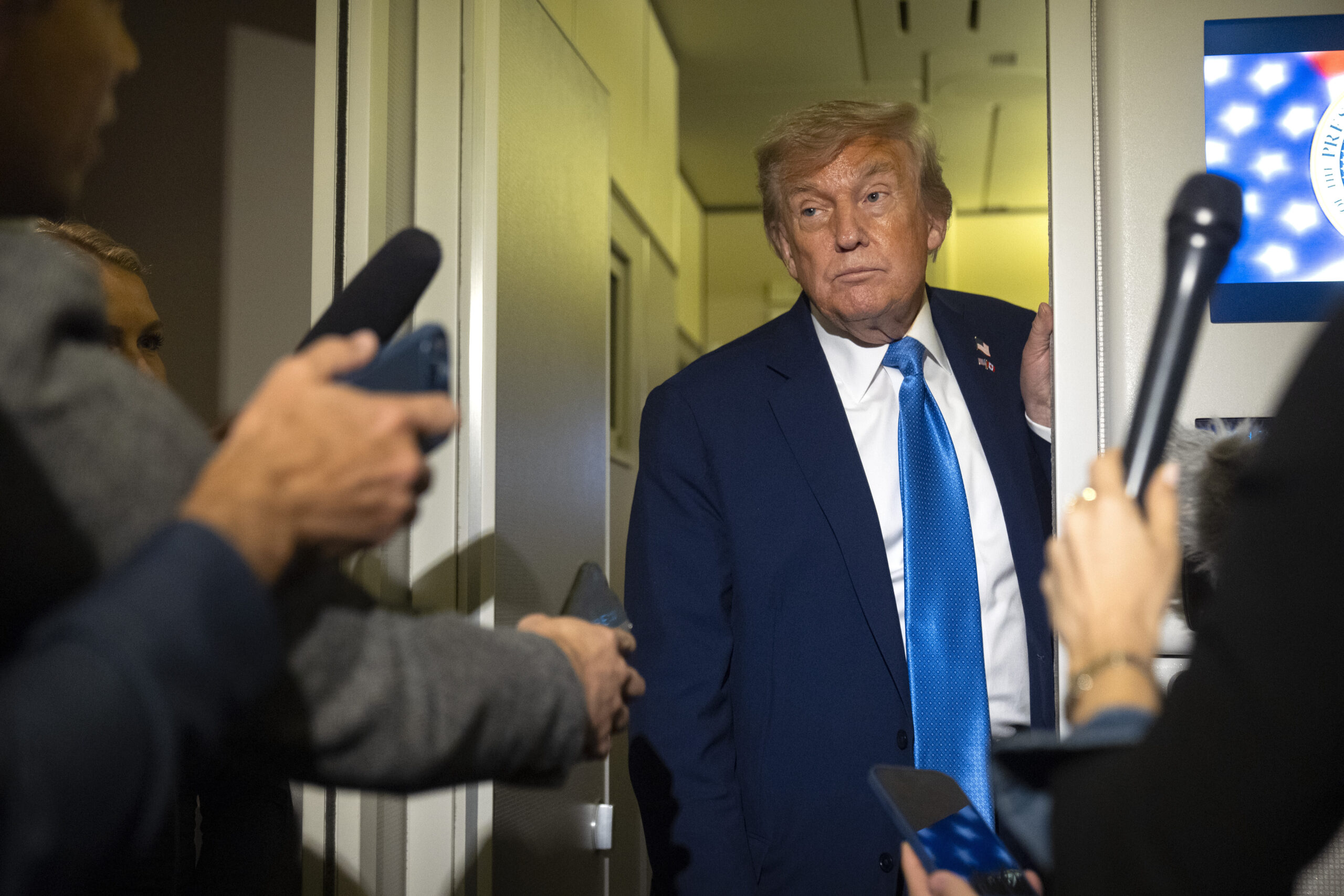
















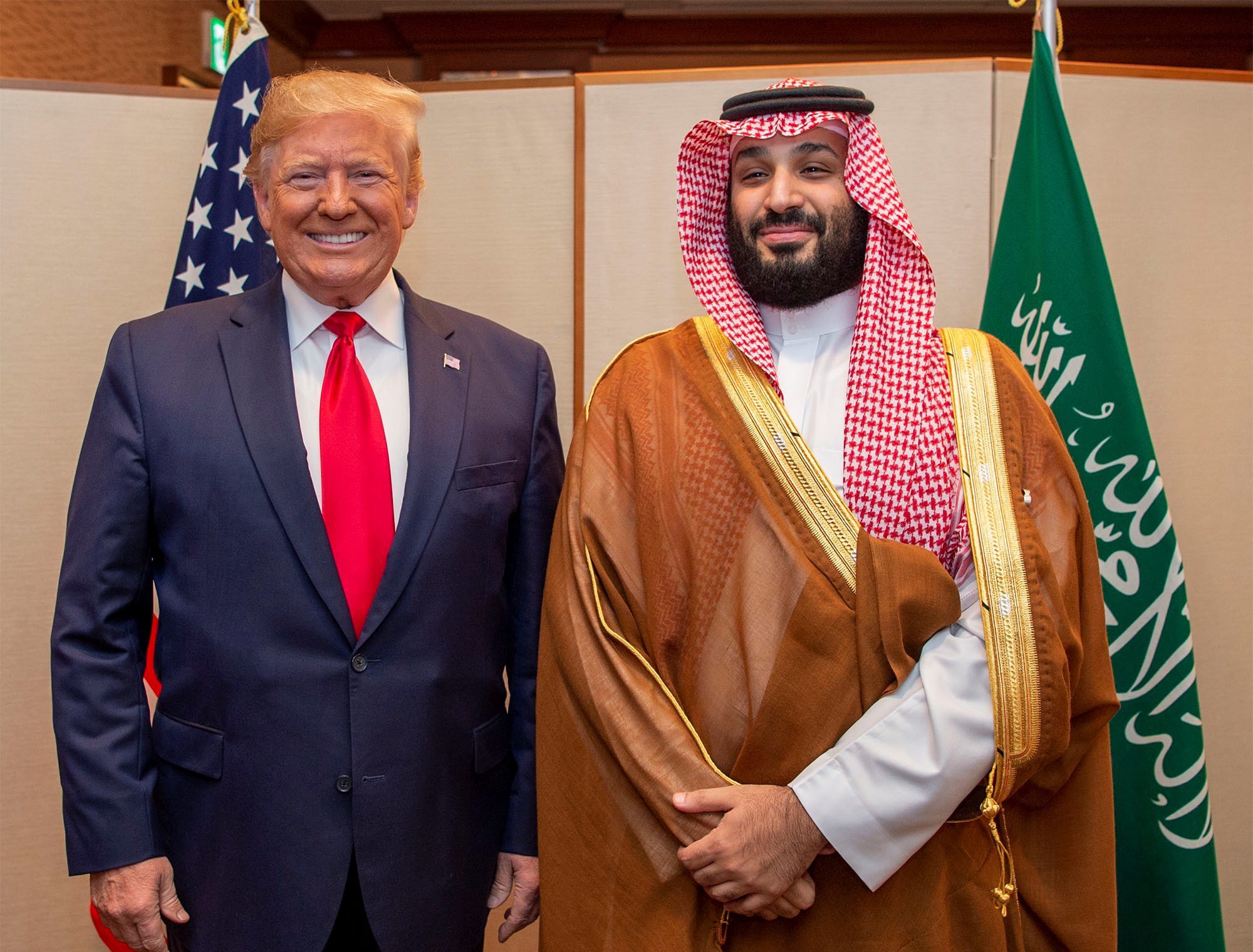

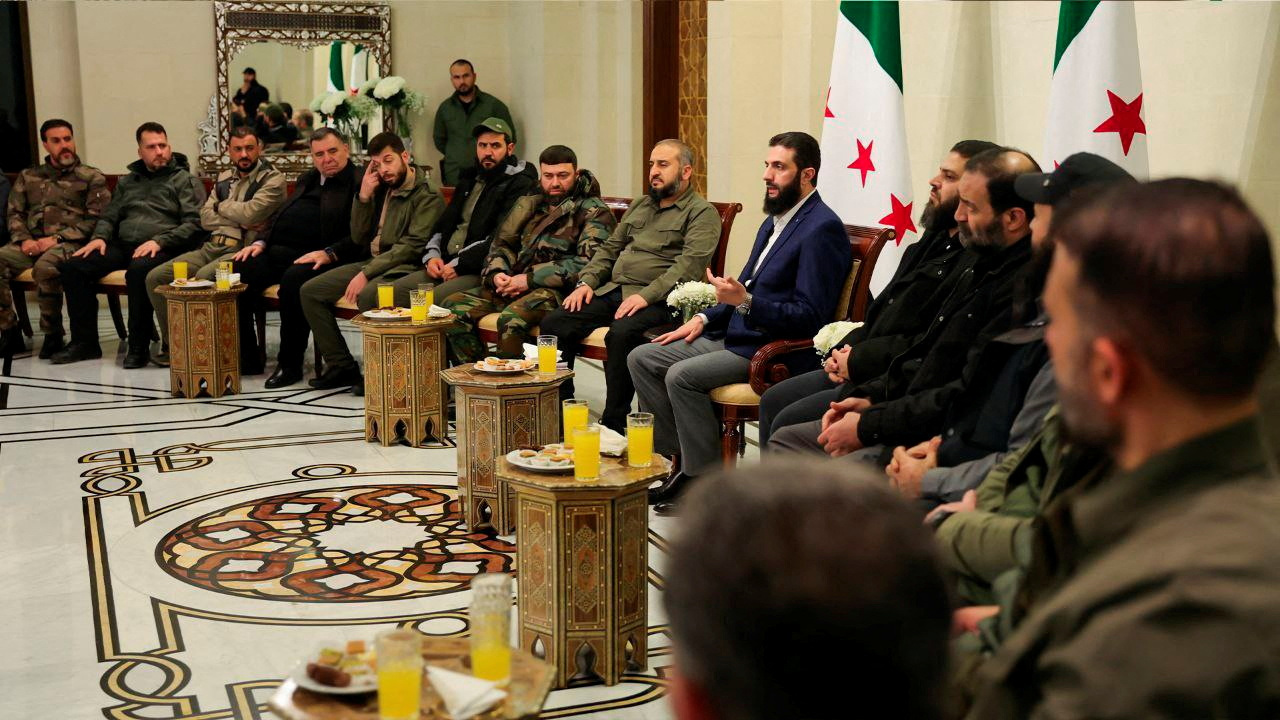

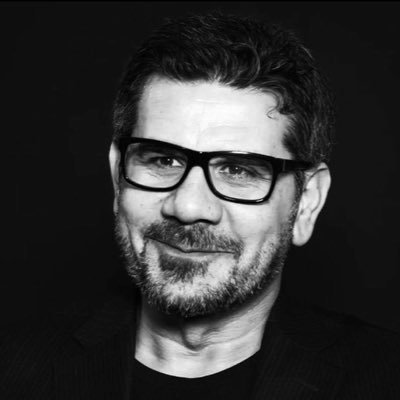
Jan 4, 2016
As Obama looked for an exit, Putin seized his chance
Appearances to the contrary notwithstanding, 2015 was a decisive year and even a turning point on several of the most pressing issues facing the Middle East. What looks like chaos and confusion has actually forced clarity on the key players. It may well be remembered as the year in which the United States, perhaps irrevocably,...
5 min read